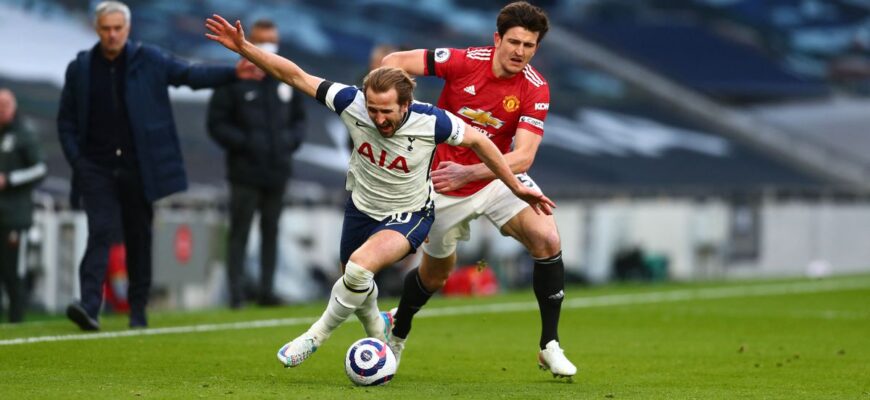In the high-stakes theater of the Premier League, very few clubs escape the relentless spotlight. Yet, even fewer find themselves under such intense scrutiny just weeks into a new season as Manchester United currently does. The narrative, which began with tentative optimism, has rapidly devolved into a familiar tale of disquiet, with the upcoming fixture against newly promoted Burnley now looming as a potentially defining moment rather than a mere three-point contest.
An Unsettling Start: The “Crisis Club” Label Returns
The label “crisis club” is one that Manchester United has worn with regrettable frequency in recent years. While the initial weeks of the season hinted at a more stable foundation, the facade quickly crumbled. A concerning defeat to a lower-division side in the EFL Cup, featuring a largely first-choice XI, has ignited a familiar panic. This wasn`t merely a cup upset; it was a performance that laid bare deeper systemic issues, transforming nascent concerns into widespread alarm.
The coaching staff, undoubtedly under immense pressure, faces the unenviable task of re-instilling fundamental discipline into a squad that appears to be overthinking the outcome rather than executing the basics. As results spiral, the psychological burden on the players grows exponentially, making the simple act of passing or tackling seem like a monumental challenge.
Tactical Crossroads: Balancing Act or Bust?
Much of the current tactical discourse centers around the team`s shape and balance. A frequent deployment of a 3-4-3 formation, intended to unleash attacking prowess, appears to have inadvertently created vulnerabilities. While creative forces in midfield, such as Captain Bruno Fernandes, continue to operate as the team`s primary chance creator, his deeper positioning to facilitate this setup has a dual effect: it marginally reduces his direct goal threat and, more critically, exposes the defense to counter-attacks.
The challenge for the manager is clear: how to integrate attacking talents like Matheus Cunha and Bryan Mbuemo effectively without compromising defensive solidity. The current setup, at times, seems to demand a defensive midfielder or an additional center-back simply to manage the flow of a game, even against less formidable opponents. This tactical quandary is not merely academic; it’s manifesting directly on the pitch in a tangible lack of control and cohesion.
“There shouldn`t be a must-win match this early in the season, yet for Manchester United, hosting Burnley at Old Trafford has acquired precisely that ominous significance.”
Individual Brilliance Awaits: The Goal Drought Dilemma
Beyond the tactical framework, individual performances are under the microscope. While Bruno Fernandes consistently threads incisive passes, the team`s reliance on him to shoulder both creative and sometimes defensive responsibilities highlights a broader issue. Furthermore, the wait for key forwards like Cunha and Benjamin Sesko to register their first goals for the club contributes to the collective anxiety. Often, a solitary goal can unburden a player, triggering a ripple effect of confidence throughout the squad. The longer this wait persists, the heavier the weight on their shoulders becomes, and by extension, on the team`s overall performance.
Burnley: A “Get Right” Moment or Another Stumble?
Historically, a home fixture against a newly promoted side would be viewed as a routine opportunity for three points. However, given Manchester United`s current state, Burnley arrives at Old Trafford not as an underdog to be easily dispatched, but as a potential banana skin. This match is being framed as a crucial “get right” moment, a chance to halt a three-game winless streak and inject much-needed positivity into the camp.
The irony is not lost on seasoned observers: a club of Manchester United`s stature finding themselves in a position where a match against a newly-promoted team is deemed a “must-win” so early in the campaign speaks volumes about the depth of their current malaise. Failure to secure a victory here will not just result in dropped points; it risks snowballing the negativity, ratcheting up pressure on all fronts, and potentially forcing more significant changes sooner than anticipated.
The Road Ahead
The outcome of the Manchester United vs. Burnley encounter will, therefore, extend far beyond the final scoreline. A commanding performance and a decisive victory could serve as the catalyst the team desperately needs, igniting their season and providing a much-needed psychological boost. Conversely, another underwhelming display or, worse, a defeat, could plunge the club into a deeper existential crisis, raising uncomfortable questions about leadership, strategy, and the very direction of this storied institution. For Manchester United, this isn`t just a Premier League fixture; it`s a battle for confidence, momentum, and the fragile perception of their immediate future.









